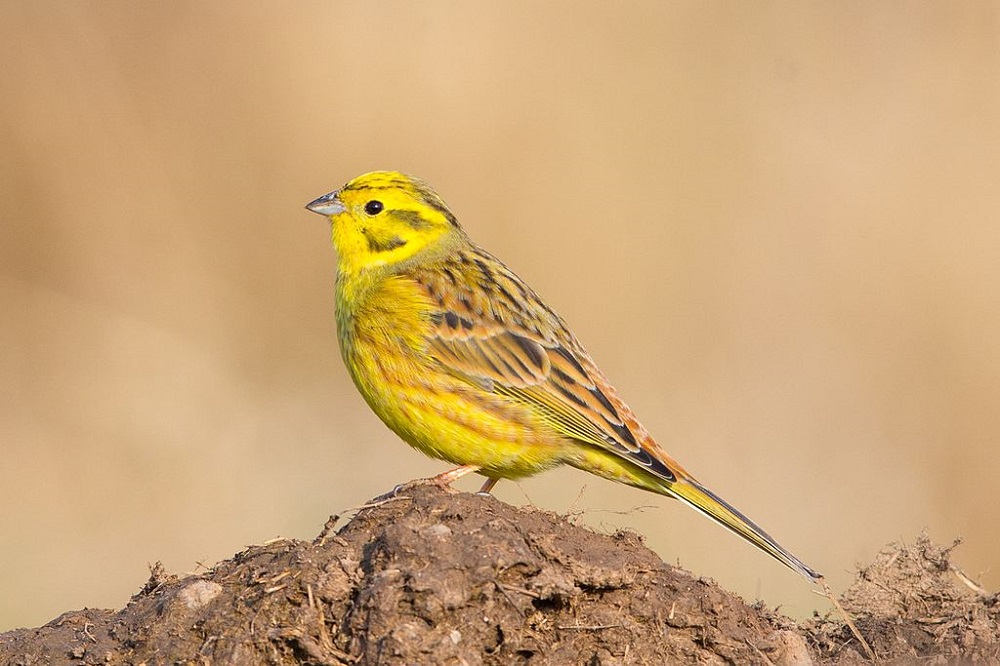Pesticides and fertilisers cause of decline of bird species, study finds

The increased use of pesticides and fertilisers on farmland has been the main cause of decline for many bird species across Europe, a new study has found.
Using data from 28 countries across a 37-year period, researchers learnt that common bird species have shown a general decline of 25% across the continent, including the UK.
Farmland species have more than halved over the same period – 1980 to 2016 – with woodland birds declining by 18%, urban dwellers by 28%, northern, cold-preferring birds by 40% and southern, warm-preferring birds by 17%.
The collaborative study, published in the journal PNAS, found the intensification of modern farming practices, using pesticides and fertilisers, has led to the decline of many populations.
Birds that rely on insects for food, such as the swift, yellow wagtail and spotted flycatcher, have been worst off.
Richard Gregory, lead author for the RSPB, said: “While many studies have tried to figure out what has driven bird declines in the UK and Europe, this is the first to look at the major, man-made drivers in one go, using the best data available.
“The results are compelling. They show the power of citizen science and co-operation across borders to better understand the natural world and what must be done to turn things around.”
Human pressures
Researchers also found direct relationships between declines in bird populations and other human pressures such as reduced forest cover, urbanisation and higher temperatures because of climate change.
Data from the UK came from the BTO/JNCC/RSPB Breeding Bird Survey and its predecessor the Common Birds Census, which 8,500 volunteers contributed to over nearly 30 years.
James Heywood, national organiser for the Breeding Bird Survey, said: “The decline of farmland birds across the Europe is one of the stand-out observations from this study, in particular just how widespread they are.
“What is also highlighted is just how little woodland the UK holds compared to our neighbours on the continent.
“That said, the study makes clear that a simple increase in forest cover can mask other changes, particularly in the quality and nature of forests; the planting of managed forests won’t produce the same benefits for birds as old-growth forests or ancient woodlands, for example.
“This is very much a problem that we are facing within the UK.”
The RSPB said the study highlights the need for nature-friendly farming to become the norm and for the UK Government to support farmers in making the switch while reducing the use of pesticides.
Many farmers across the UK are already doing this, the charity said, and are producing healthy food and profits while meeting climate change targets.
Ms Groom added: “The UK and devolved governments should ensure agri-environment schemes reward nature-friendly farming practices such as flower- rich margins and herbal leys that are proven to enable farmers to produce good food whilst supporting progressive reductions in the use of pesticides and fertilisers.”
Support our Nation today
For the price of a cup of coffee a month you can help us create an independent, not-for-profit, national news service for the people of Wales, by the people of Wales.






